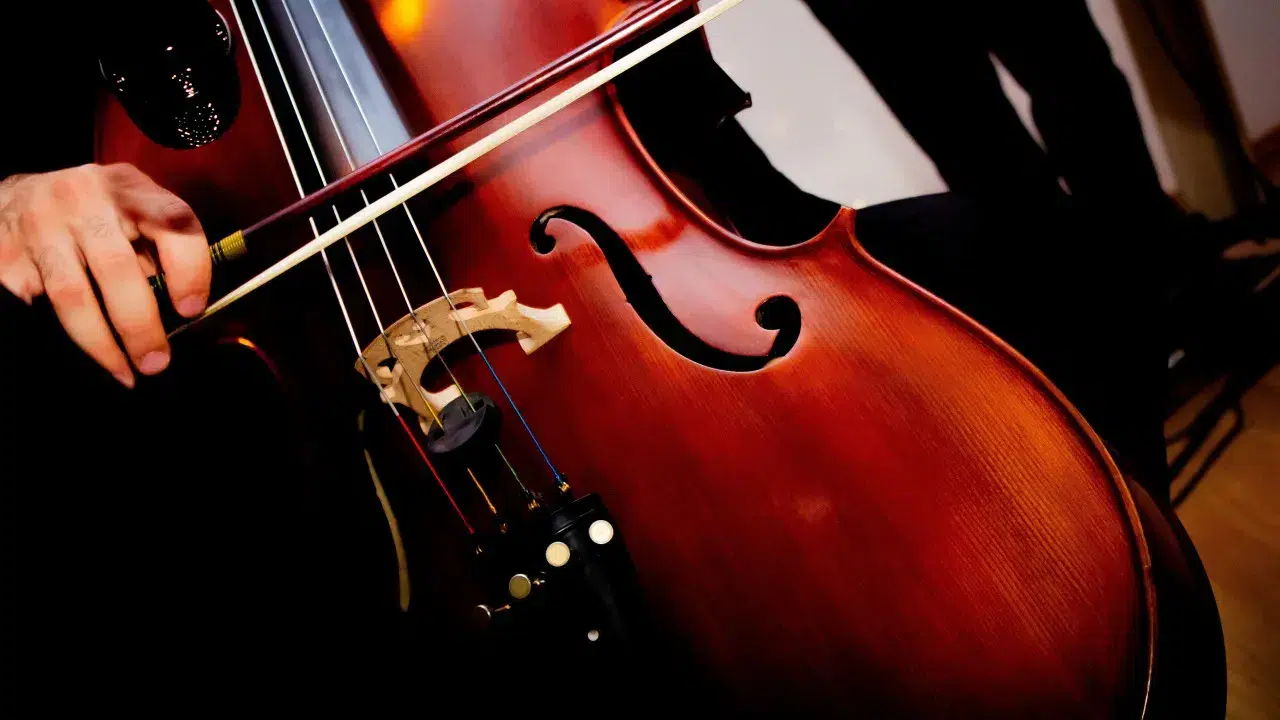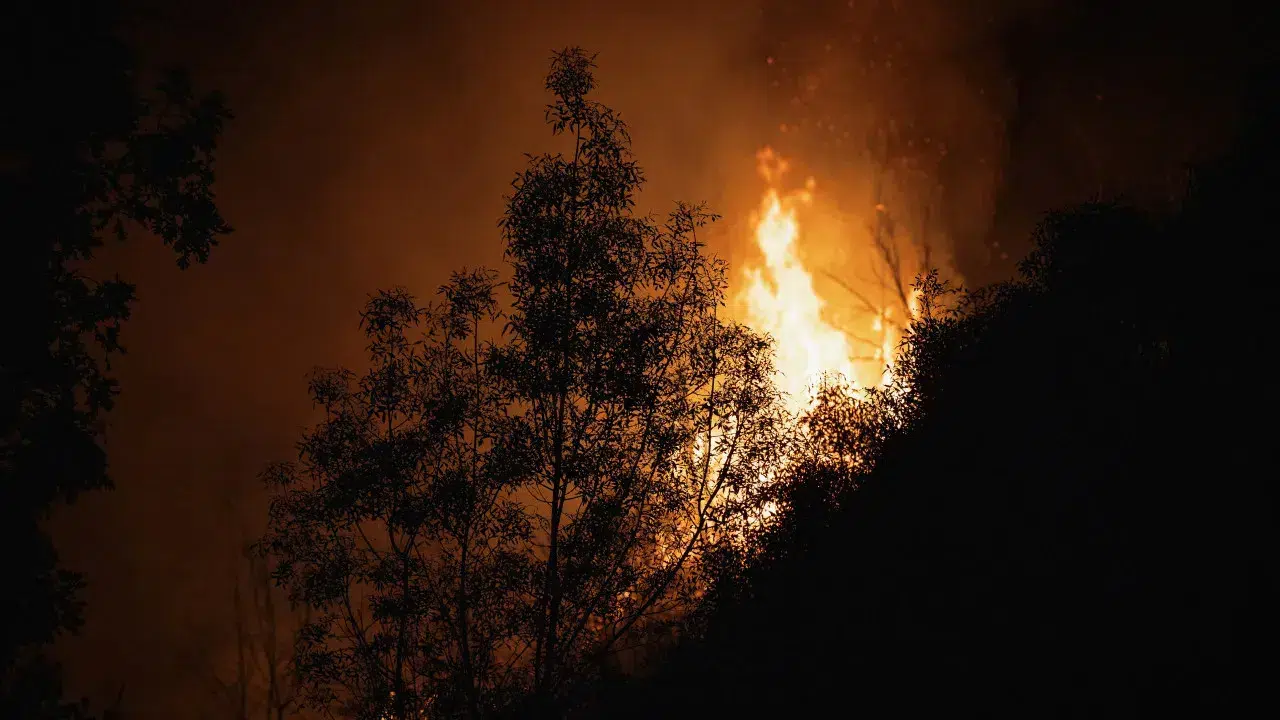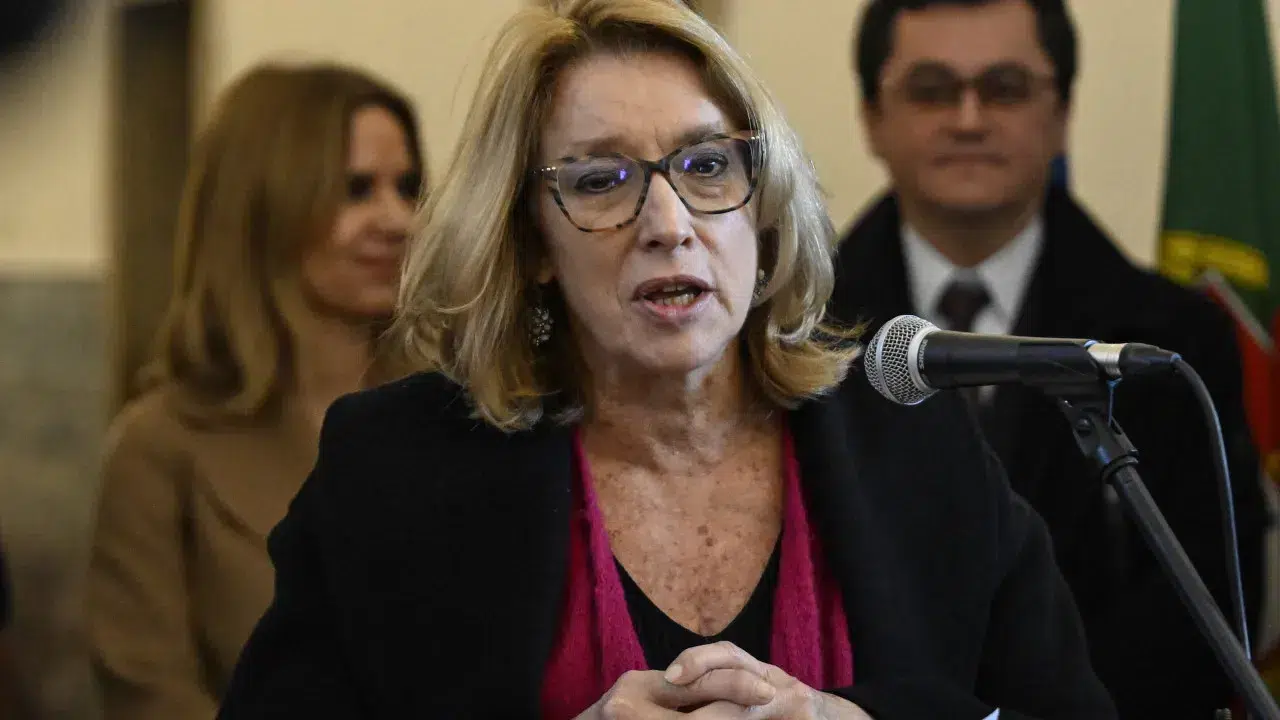
“This is, at the same time, the modern debut of this piece,” stated cellist Diana Vinagre.
The Ensemble Bonne Corde, established in 2009, operates with a variable structure. This album was recorded under the artistic direction of Diana Vinagre, who played a historic cello loaned by the National Conservatory, crafted by Joaquim José Galrão in 1788 in his Lisbon workshop.
The recording also featured cellist Rebecca Rosen, bassoonists Thomas Wesolowski and Kamila Marcinkowska-Prasad, double bassist Marta Vicente, organist Miguel Jalôto, and the voices of sopranos Ana Quintans and Raquel Mendes, altos Gabriel Diaz and António Lourenço Menezes, tenors Rodrigo Carreto and Fernando Guimarães, and basses Hugo Oliveira and Luís Rendas Pereira.
“This is the first time a complete work of Pádua Puzzi (c. 1762-1807) is recorded,” noted Diana Vinagre, explaining that only small excerpts of works for the organs of the Mafra Basilica had previously been presented in concert.
The album, titled ‘Messa a quatro voci, con Violoncelli, Fagotti, Basso, ed Organo (1793) by António de Pádua Puzzi’, is the result of research conducted by the cellist for her doctorate at the Universidade Nova de Lisboa, focusing on the cello in sacred music during the classical period from 1750 to 1834, coinciding with the dismantling of the royal chapels.
“My thesis centered on researching this repertoire, with an initial focus on the cello and its historical context. The solo repertoire for the instrument in this period is very scarce,” Vinagre stated, adding that this type of research had never been conducted before.
The ‘Messa a quatro voci, con Violoncelli, Fagotti, Basso, ed Organo’ represents a specific segment of Portuguese sacred music, not found elsewhere in Europe, highlighted Diana Vinagre, explaining that the exclusivity of this repertoire linked to a rule in the Portuguese court until the 19th century, which mandated that sacred music be composed for voices and continuo (bass instruments).
While similar non-standard instrumentation experiments occurred in other countries, notably in France and Italy, none lasted as long, with Portugal extending the practice over several decades.
“In Lisbon, the rule of writing for voice and continuo continued very late, until the 19th century, with the dissolution of royal chapels, as continuo became obsolete, and classical aesthetic standards prevailed. Composers of the Patriarchal adopted this ingenious idea of maintaining continuo instruments, expanding the ensemble to include two cellos, two bassoons, double bass, and organ,” Vinagre explained.
The artist continued: “These instruments, initially playing the same line, were given solo lines for two bassoons and two cellos in an attempt to create more voices with the same instruments, mimicking the texture of a classical orchestra.”
Recognizing the difficulty in dating the use of this type of instrumentation, Diana Vinagre suggested a timeframe “between the last two decades of the 18th century and the early decades of the 19th century.”
“The use of solo bass instruments emerged somewhat under the influence of Neapolitan music,” she noted, justifying that “this was a resource used in moments of greater consternation in the liturgical calendar, such as Holy Week or All Souls’ Day.”
Diana Vinagre also mentioned that there is “an anonymous arrangement for this instrumentation of Mozart’s Requiem found in the Cathedral of Évora, which Ensemble Bonne Corde plans to record next autumn.”
The album’s launch concert is scheduled for September 26 at the Belém Cultural Center in Lisbon, preceded by a conference led by musicologist Rui Vieira Nery.
The album ‘Messa a quatro voci, con Violoncelli, Fagotti, Basso, ed Organo, by Pádua Puzzi’ follows ‘Lamentationes Hebdomade Sanctae’ by Joseph-Hector Fiocco (winner of the Play Award for classical music in 2023) and ‘Concerti Grossi’ by António Pereira da Costa, all under the musical direction of Diana Vinagre.




